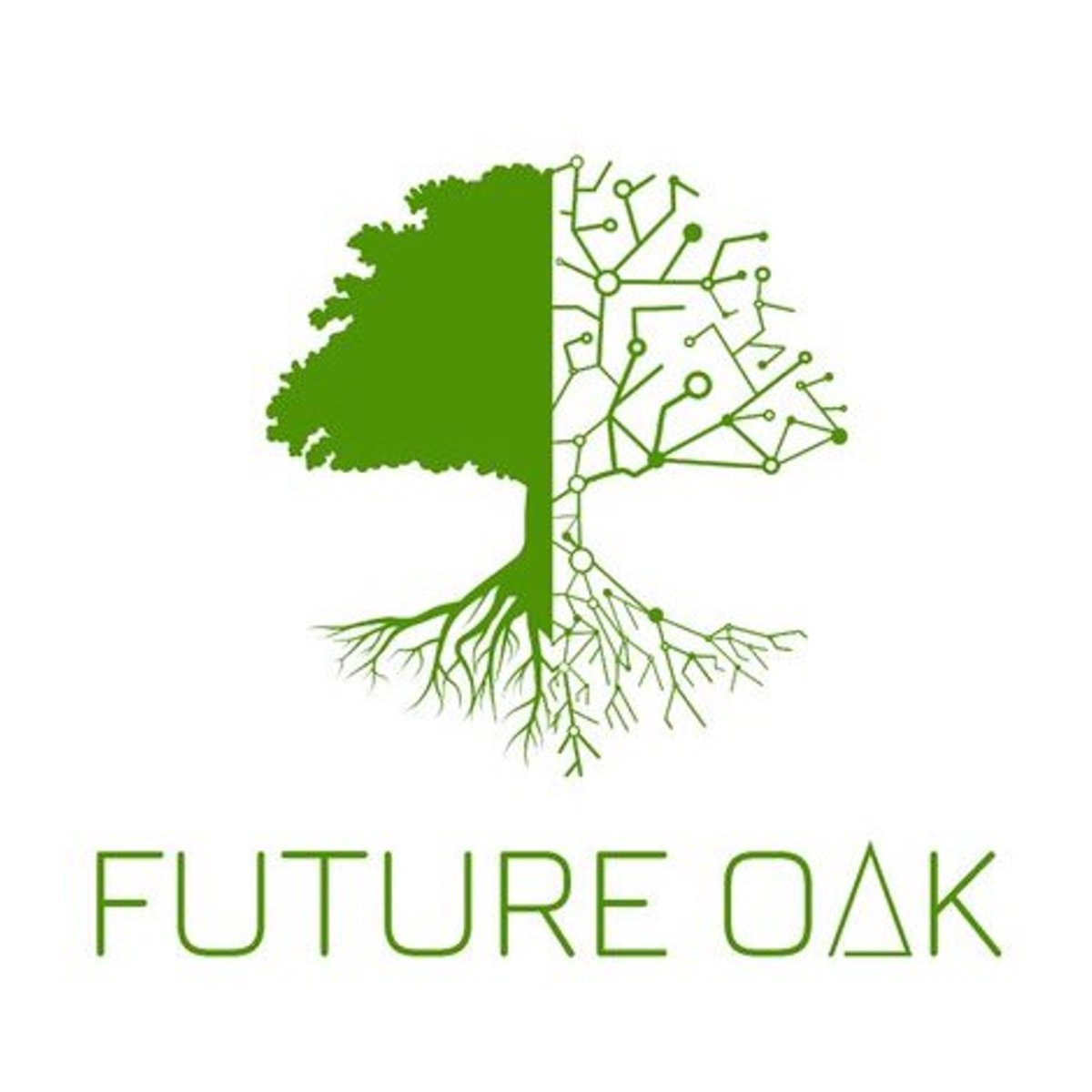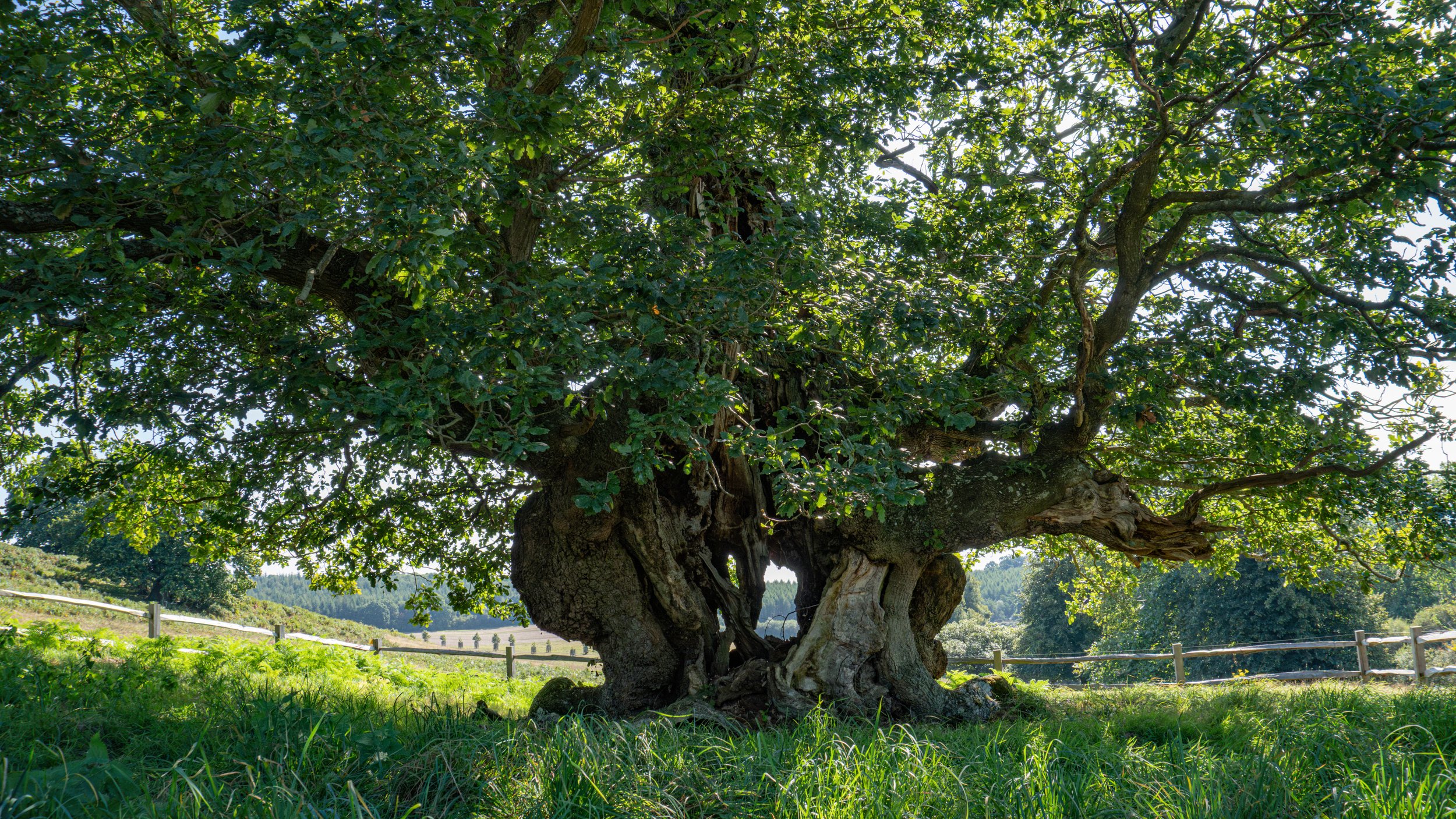FUTURE OAK: Characterising and engineering the oak microbiome to future-proof an arboreal icon
Date: 19 January 2021
Timescale: 2021
Organisation: Bangor University, Aberystwyth University, Forest Research, Woodland Heritage, Sylva Foundation
Lead researcher(s): Professor James McDonald, Bangor University.
Project research team: Usman Hussain, Bangor University. John Draper, Aberystwyth University. Jasen Finch, Aberystwyth University. Manfred Beckmann, Aberystwyth University. Sandra Denman, Forest Research. Nathan Brown, Woodland Heritage. Gabriel Hemery, Sylva Foundation.
Synopsis
Tree declines caused by climate perturbation, anthropogenic stressors and disease outbreaks have resulted in recent forest mega-disturbances and are a major global concern. Until recently, progress has been hampered by a lack of high-throughput analytical approaches for systems-based analysis of the multidimensional factors that drive declines.
Our previous research on Acute Oak Decline, a complex decline disease of native British oak, has highlighted how microbiome shifts to a ‘pathobiome’, are associated with tree disease. This work challenges the one pathogen = disease paradigm, leading to new hypotheses on the role of microbiomes in health and disease, and highlighting the need to revise classical disease paradigms to include the microbiome.
The microbiome is a major determinant of plant health, and we hypothesise that the oak microbiome can be manipulated to improve host fitness and disease suppression. Here, we propose a landscape-scale analysis of the oak microbiome and metabolome in health and disease, to inform the design and validation of engineered microbiomes for disease suppression. Microbiome engineering is an emerging research frontier with many novel applications.
The project will address new hypotheses regarding how complex multidimensional interactions between the tree host and its microbiota, encountered pathogens, and the environment, influence host fitness and disease susceptibility.
The research will initiate a new frontier in forest microbiome engineering and precision treatments to future-proof iconic tree species and the ecosystem services they provide.
Outputs:
Contact:
Professor James McDonald, School of Biosciences, University of Birmingham


